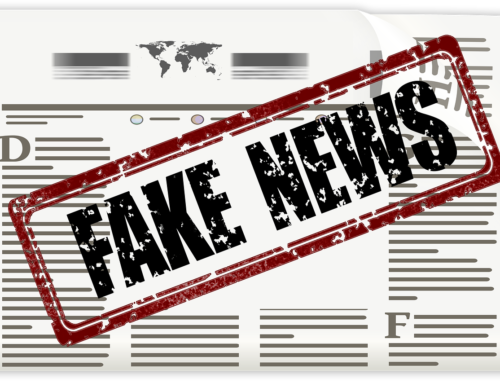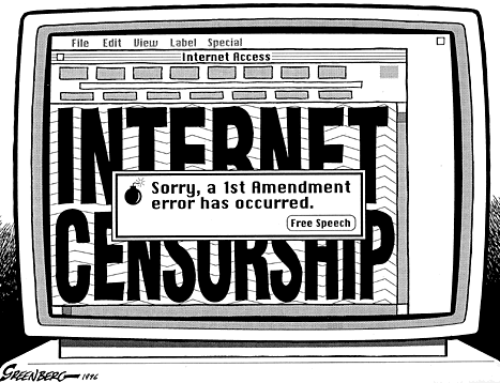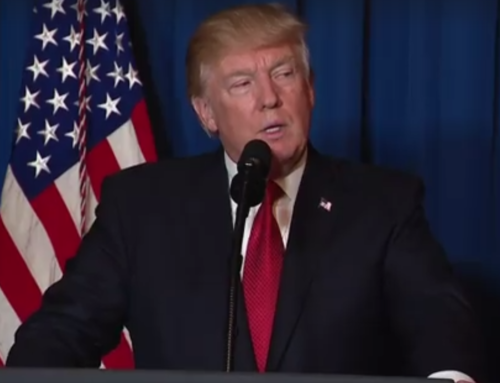The state of the First Amendment is perpetually in flux and it’s walking on shaky ground going into 2019.
Trump Administration tariffs on imported Canadian newsprint in 2018 kicked off a series of layoffs at publications, reduced printing frequencies and forced closure of several smaller publications. The U.S. International Trade Commission overturned the tariffs this fall, but the damage had already been done. Papers that had to downsize as a result of the tariffs aren’t likely to resume prior production.
The resulting limited distribution of information is a huge issue. While our economy is rapidly becoming more digitized, there are still many rural areas where online access is limited. In these regions, it’s especially important that Americans have regular access to a reliable newspaper – and newsprint.
Areas impacted by the ill-thought tariffs are often referred to as “news deserts.” They’re places where residents have one or two local news sources, and can only access additional reporting sources online. The situation is problematic for many reasons: plenty of Americans struggle with computer literacy, many lack Internet services in their homes, and commuting to the nearest public facility with service might not be a viable option.
The issue of access to information is further exacerbated by misinformation. Last December, Pew Research Center reported that social media sites surpassed print newspapers as a news source (43% of adults often get news from news websites or social media, compared with 49% for television). Russian influence in the 2016 election, primarily through social media, has challenged platforms like Facebook and Twitter to monitor and remove baseless incendiary posts, but qualifications for what is removed is still murky and there’s still plenty of ‘fake news’ memes for people to ‘like’ or ‘share.’
Most of us have now realized that social media made it far too easy for us to exist in echo chambers surrounded by like-minded thinkers. It’s helped solidify cultural and ideological divides threatening to rip our country apart. It’s made it difficult for us to engage in respectful discourse. We’ve become so attached to our personal perspectives that we can’t engage with views that strongly oppose ours. They feel like a threat to our way of life, an assault on morals and values we believe to be far superior.
Misinformation isn’t an issue isolated to social media, it’s permeating every platform of communication we have. Manipulation of images and videos, like President Trump’s ‘alternative’ inauguration photos or ‘alternative’ video of Acosta’s intern mishap at a White House Press Conference, intentionally mislead the general public in favor of the President’s personal agenda. This misinformation is especially insidious. It pushes both sides further away from one another as we debate what’s real and what isn’t and if any of it even matters at all. The White House’s new press rules, set in November after the Acosta incident, prevent reporters from asking follow-up questions, which is a massive problem when the President’s initial answer is often dismissive or evasive. It limits reporters’ ability to hold President Trump accountable when it’s up to them to give the country clarity they desperately need in a news landscape inundated with ‘fake news.’
Journalists help people understand what’s going on in their government and what it means for their lived experiences. TIME named several journalists who were targeted for their work as their 2018 Person of the Year, ‘The Guardians,’ and they had good reason to do so. Reporters Without Borders reports at the time of this writing that at least 63 journalists were killed in 2018 and 170 were imprisoned.
A global shift towards totalitarianism means two conflicting things, one, we desperately need journalists to continue their work and, two, governments will continue to attempt to silence them for doing their jobs and civic duties. We must remain vigilant. We must demand transparency from our leaders and fearlessly defend journalists who seek it, regardless the grave personal consequences they may face.






Leave A Comment